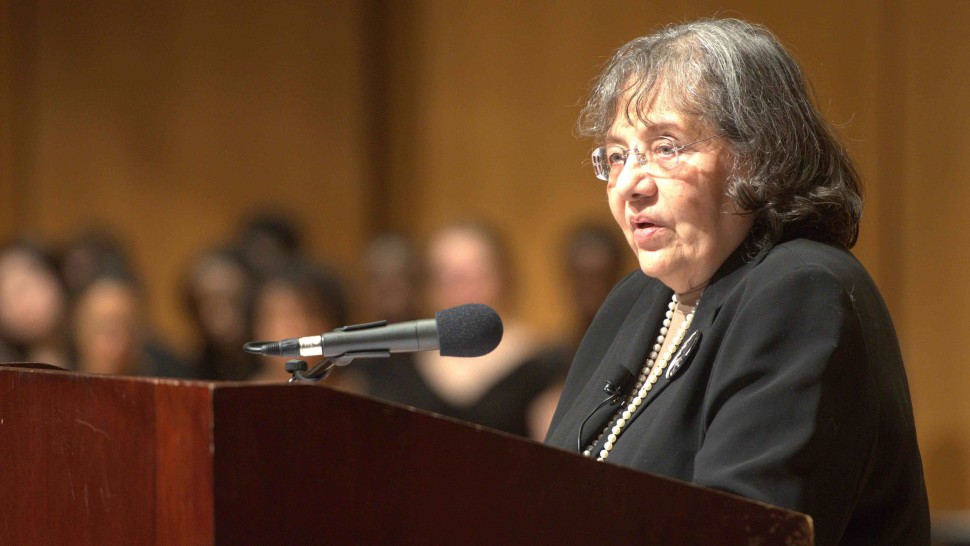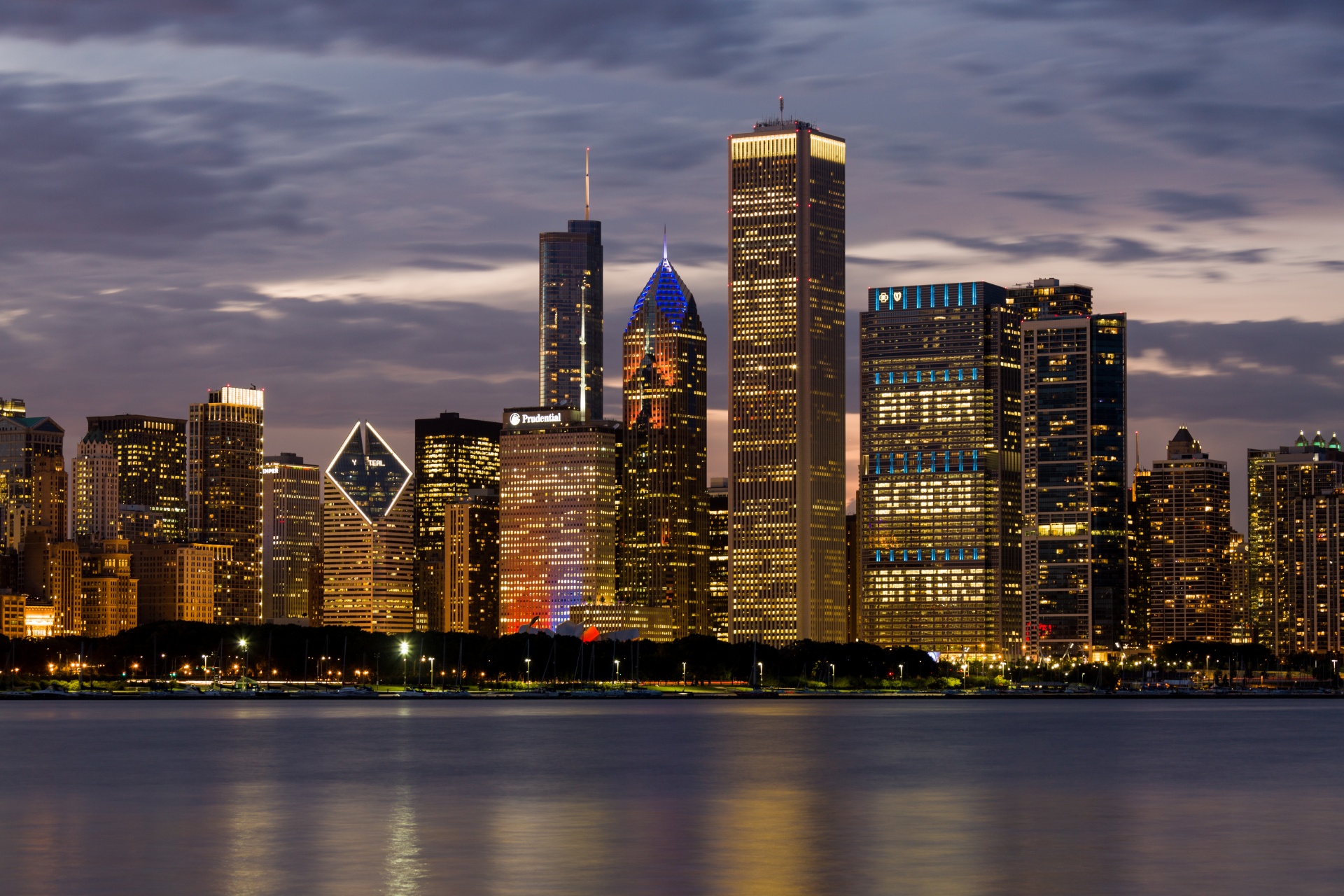Illinois athletes have won big at Winter Olympics
- Details
 With the 2026 Winter Olympics in Milan scheduled to start in just under two months, all eyes are on Team USA as America anticipates a strong performance bringing home many medals. Though the team rosters won’t be finalized until early 2026, the past several Winter Games have seen plenty of Illinois natives win big. Among them are hockey forward Abbey Murphy, ski jumper Kevin Bickner, and figure skater Alexa Knierim — each of them a story of extreme dedication, determination, and intense passion for the sports they love.
With the 2026 Winter Olympics in Milan scheduled to start in just under two months, all eyes are on Team USA as America anticipates a strong performance bringing home many medals. Though the team rosters won’t be finalized until early 2026, the past several Winter Games have seen plenty of Illinois natives win big. Among them are hockey forward Abbey Murphy, ski jumper Kevin Bickner, and figure skater Alexa Knierim — each of them a story of extreme dedication, determination, and intense passion for the sports they love.
Universal Human Rights Month: Diane Judith Nash
- Details
 In honor of Universal Human Rights Month this December, we honor Diane Judith Nash, a key activist throughout the Civil Rights Movement from Illinois. Nash was one of the founders and most influential organizers in the Civil Rights Movement. Born in Chicago in 1938, Nash attended Howard University before transferring to Fisk University in Nashville, Tennessee. In Nashville, Nash experienced a society fully engulfed in Jim Crow segregation for the first time. She began to take classes from James Lawson on nonviolent resistance. It didn’t take long for Nash to become a central figure in the Civil Rights Movement in Nashville, including becoming leader of the Student Central Committee, which staged sit-ins in segregated diners across downtown Nashville. In 1960, Nashville became the first segregated city in the South to integrate lunch counters.
In honor of Universal Human Rights Month this December, we honor Diane Judith Nash, a key activist throughout the Civil Rights Movement from Illinois. Nash was one of the founders and most influential organizers in the Civil Rights Movement. Born in Chicago in 1938, Nash attended Howard University before transferring to Fisk University in Nashville, Tennessee. In Nashville, Nash experienced a society fully engulfed in Jim Crow segregation for the first time. She began to take classes from James Lawson on nonviolent resistance. It didn’t take long for Nash to become a central figure in the Civil Rights Movement in Nashville, including becoming leader of the Student Central Committee, which staged sit-ins in segregated diners across downtown Nashville. In 1960, Nashville became the first segregated city in the South to integrate lunch counters.
New Chicago Fire Stadium in the works
- Details

Chicago Fire FC announced the approval for a new, privately funded stadium in The 78 – a project that will anchor Chicago’s newest neighborhood. The 78 is 62 acres of undeveloped riverfront land found in downtown Chicago.
This marks the first major stadium built in Chicago in more than 30 years, and it’s being delivered entirely through the private investment. The new stadium will give the club a world-class home while creating a year-round destination for the entire city. The new $650 million stadium will seat approximately 22,000 fans, striking a balance between an electric, high-demand atmosphere and a world-class matchday experience. It was designed by Gensler in “Chicago School” fashion with the enduring elegance of the warehouses that represent the city’s grit and hard work. Gensler is the designer of the stadiums for Austin FC, LAFC and Toronto FC.
Back to back: The Land of Lincoln receives international recognition for economic growth for second year
- Details
 The 2025 Startup Ecosystem Stars Awards, hosted by the International Chamber of Commerce, recently granted Illinois the Startup Ecosystem Stars Award in recognition of the state’s global leadership in talent, research, investment and innovation. This recognition is familiar for Illinois as the state also received this award in 2024, demonstrating consistent efforts to build and maintain innovative policies and environments.
The 2025 Startup Ecosystem Stars Awards, hosted by the International Chamber of Commerce, recently granted Illinois the Startup Ecosystem Stars Award in recognition of the state’s global leadership in talent, research, investment and innovation. This recognition is familiar for Illinois as the state also received this award in 2024, demonstrating consistent efforts to build and maintain innovative policies and environments.
The Illinois Department of Commerce and Economic Opportunity earned recognition across five categories: Best-in-Class Startup Programs, Outstanding Investment Boost, Top Talent & Research, Exceptional Industry Support and Pioneering Innovation Policy. Initiatives like the Federal Grant Support Program and the Manufacturing Illinois Chips for Real Opportunity Program promote industrial growth and innovation across industries and help the state reap the benefits of its investments as it welcomes more businesses.
Illinois was one of only 36 entities worldwide to receive the award. Illinois is also the sole recipient to be awarded in all five categories, reaffirming the state’s all-encompassing approach to constructing a robust economy.



